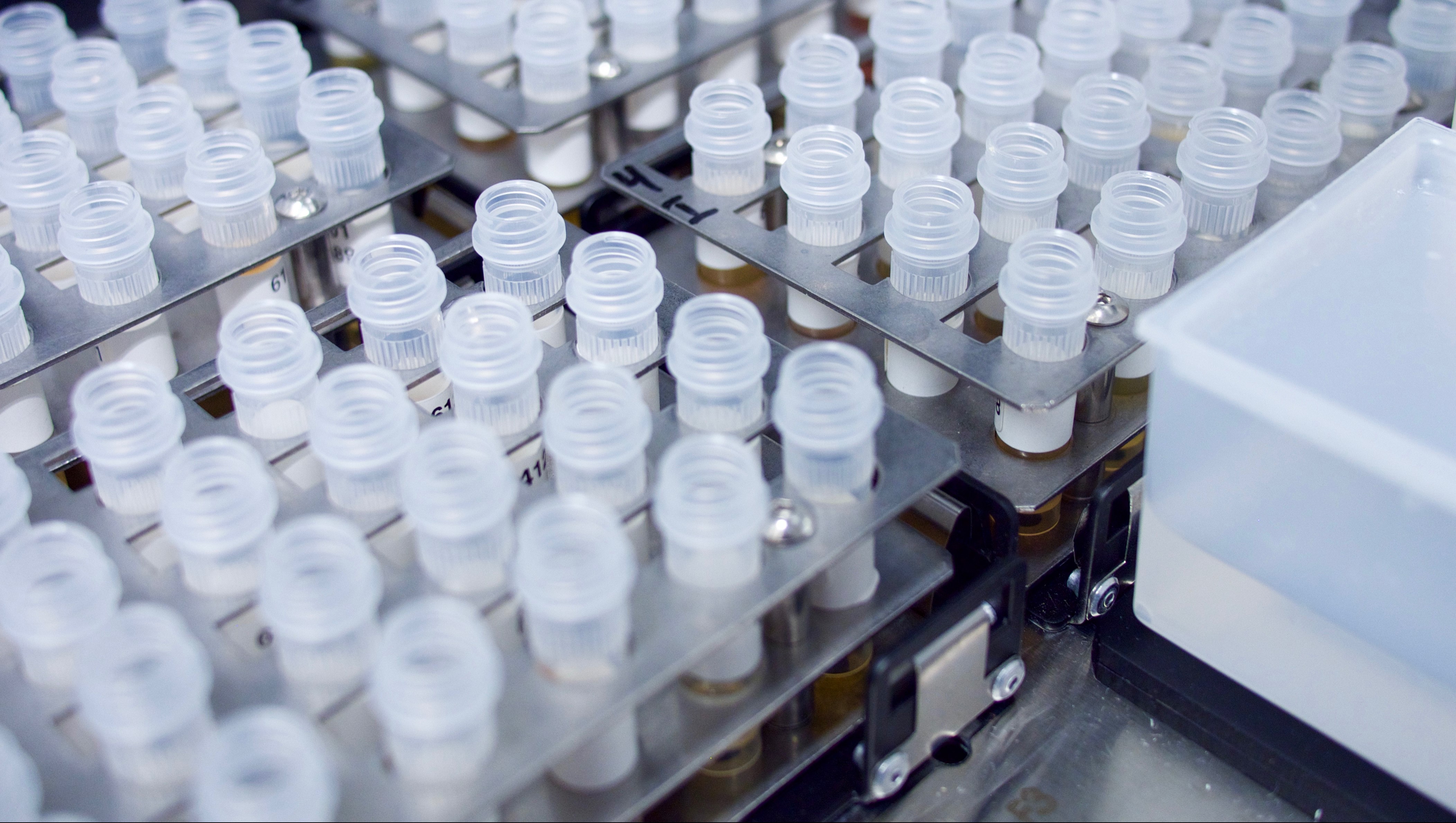
Should biobanks be used in criminal investigations?
A new paper in the JME explores the ethics behind the forensic use of biobanks.
Several ethicists have written at length about the forensic use of Direct-To-Consumer (DTC) genealogy databases to catch criminals. Interest in this topic burgeoned following the arrest of the Golden State Killer in California in 2018. There has been limited academic discussion, however, of the use of biobanks in criminal investigations — a related though distinct issue to genealogy databases. A new article in the Journal of Medical Ethics explores some of the ethical considerations involved in the forensic use of specimens from biobanks.
Three researchers based in the Netherlands examine how issues like confidentiality, trust and autonomy might come to bear on criminal investigations using tissue samples from biobanks. One example the authors use is the investigation that led to the arrest of the so-called 'Bind Torture Kill' murderer in Kansas in 2005. Authorities in that case had identified a suspect — a man by the name of Dennis Rader — but they were unable to verify whether the DNA found at the different murder scenes matched the suspect’s DNA. Law enforcement then decided to seize a Pap smear from Rader’s daughter, which had been obtained as part of a cervical cancer screening in the university clinic on the campus where she studied at the time. The DNA profile obtained from her cervical cell material resulted in a close match to DNA found at the murder scenes. Dennis Rader was arrested and sentenced to ten life terms.
The authors of the article question whether in cases like Rader’s it is acceptable to violate the medical confidentiality of a third party. They note that data from a Pap smear is very sensitive information, and that a broad variety of sensitive information can be derived from the sample, including detailed information about a person’s health. The use of this data in criminal investigations risks undermining public trust in the integrity of the healthcare system — especially where patients have been assured that their data will be stored in a confidential manner.
To some this may not sound like a major concern, particularly when authorities are trying to investigate very serious crimes. But the authors note that a decline in public trust may in fact lead some people — particularly people prone to anxiety and paranoia — to refuse certain medical tests out of fear for their own privacy. “[Some patients] could reason that, somehow, in the future they may be sought by the police (because who knows which path life or politics will follow)”, the authors write.
The law on the forensic use of biobanks varies greatly between jurisdictions. Some countries in Europe, such as Finland and Estonia, explicitly prohibit the use of information from biobanks in criminal investigations. Legislation has been introduced in other European nations, however, that would permit the forensic use of biobank information for serious crimes.
Xavier Symons is deputy editor of BioEdge
Should biobanks be used in criminal investigations?
Xavier Symons
Creative commons
https://www.bioedge.org/images/2008images/biobank.jpg
biobanks
confidentiality
law
